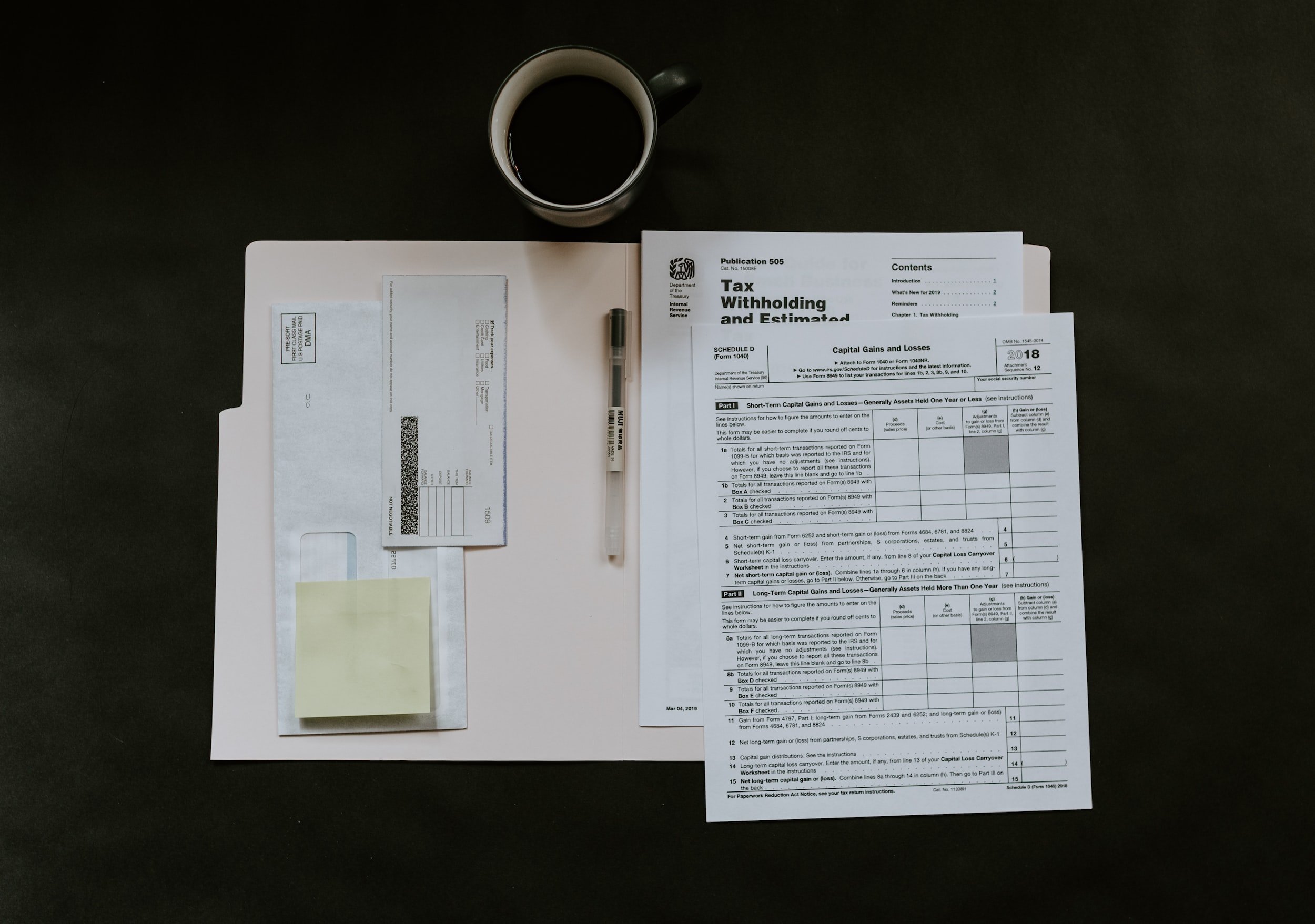Not “if” but “when”: How the IRS Knows if You Haven’t Filed Your Taxes
As tax season comes around, it's important to remember that failing to file your taxes can have serious consequences. But how does the IRS know when people don't file their taxes? In this blog post, we'll explore the various ways income is reported to the IRS and how they enforce non-filing and tax debt.
It's important to note that the IRS receives information about your income from a variety of sources. The most common sources of income reporting include:
W-2 forms: If you are an employee, your employer is required to provide you with a W-2 form at the end of the year that details your earnings and taxes withheld.
1099 forms: If you are a freelancer or independent contractor, you may receive a 1099 form from your clients, which reports your earnings to the IRS.
Bank statements: If you have interest-bearing accounts, banks are required to report any interest you earn to the IRS.
Brokerage statements: If you have investments, your brokerage is required to report any capital gains or losses to the IRS.
These are just a few examples of how income is reported to the IRS. The important thing to remember is that the IRS receives this information directly from the source, so they have a clear picture of your income.
But what happens if you fail to file your taxes? Contrary to popular belief, just because the IRS doesn't immediately enforce non-filing or tax debt, it doesn't mean they don't know about it. In fact, the IRS can take years to catch up with non-filers or tax debtors. For example, let's say you don't file your taxes for 2018. You may not hear from the IRS until 2020 or 2021, but when they do catch up with you, they will have access to all of the income information mentioned above. This means that even if you think you can fly under the radar, the IRS has a way of catching up with non-filers eventually.
It's also worth noting that failing to file your taxes can result in serious consequences. You may face penalties, interest, and even legal action. In some cases, the IRS may file a Substitute for Return (SFR) on your behalf, which could result in higher taxes owed than if you had filed yourself. Don’t forget—tax evasion is how the IRS got Al Capone.
In conclusion, the IRS has various ways of knowing when people don't file their taxes. Income information is reported directly to the IRS, and they can take years to catch up with non-filers or tax debtors. Failing to file your taxes can result in serious consequences, so it's important to stay on top of your tax obligations.
At Safeguard Law, PLLC, we strongly recommend dealing with this issue before the IRS catches on. If you haven’t filed or paid taxes owed, waiting only increases the penalties and interest. If you want to explore your options, give us a call at 202-505-1741 or schedule an appointment here

